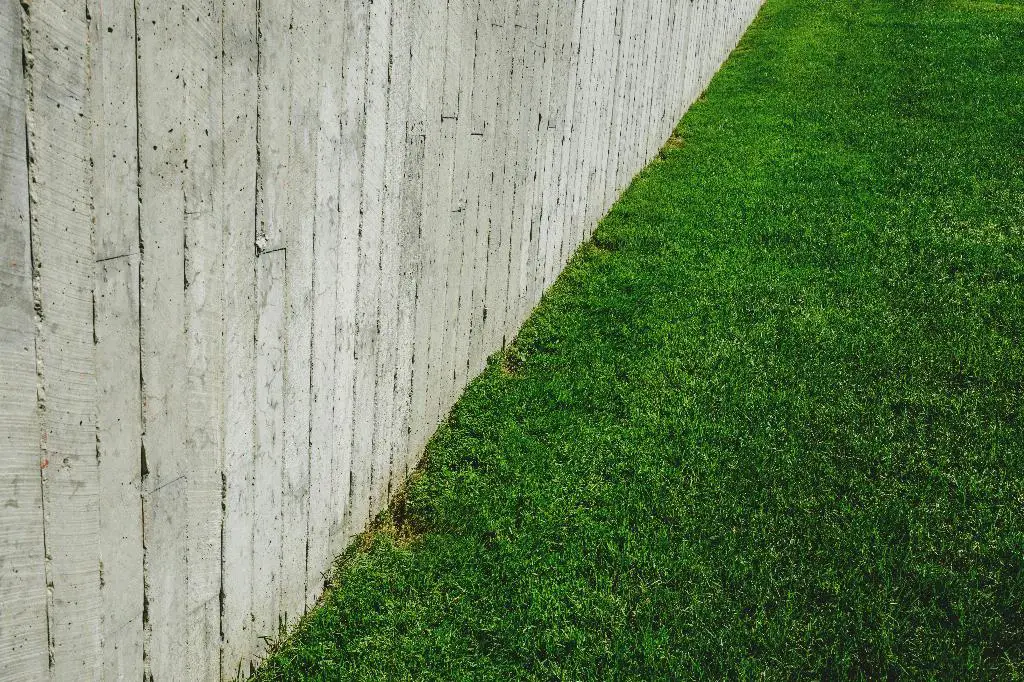When it comes to maintaining a lush and healthy lawn, the use of gypsum can play a vital role in enhancing the overall health and vitality of your grass. Gypsum is a naturally occurring mineral that offers numerous benefits to your lawn’s soil and plant life.
One of the key advantages of using gypsum for lawns is its ability to boost the amount of sulfur in the soil. Sulfur is an essential nutrient for plants, aiding in the development of enzymes and proteins crucial for growth. By increasing sulfur levels in the soil, gypsum helps promote healthy lawn growth and overall plant health.
Additionally, gypsum contains calcium, another vital nutrient that is beneficial for lawns. Calcium plays a crucial role in the development of plants’ cell walls and membranes, enhancing their strength and structure. This, in turn, contributes to improved root development in your grass, allowing for better nutrient uptake and overall plant resilience.
One of the key ways in which gypsum benefits lawns is through its impact on soil structure. The calcium present in gypsum helps to improve soil aggregation, creating a more stable and porous environment for plant roots to thrive. This enhanced soil structure allows for better water infiltration and retention, as well as improved air movement, essential for healthy root growth and nutrient absorption.
By using gypsum on your lawn, you can effectively address soil compaction issues that may hinder plant growth. Compacted soil can restrict root development and limit the movement of water, air, and nutrients within the soil. Gypsum works to loosen compacted soil, enhancing its permeability and creating an optimal environment for healthy root establishment and growth.
Furthermore, gypsum helps to reduce the harmful effects of soil salinity, a common issue in many lawns. High salt levels in the soil can inhibit plant growth and lead to nutrient imbalances within the grass. Gypsum aids in displacing excess sodium ions in the soil, promoting better nutrient absorption and mitigating the negative impact of salt stress on your lawn.
Another significant benefit of using gypsum for lawns is its ability to improve the pH balance of the soil. Soil pH plays a crucial role in nutrient availability to plants, with many grass species thriving in slightly acidic to neutral conditions. Gypsum can help neutralize overly acidic soils, creating a more hospitable environment for your lawn to flourish.
In addition to its soil conditioning properties, gypsum also acts as a natural soil amendment, enriching the soil with essential nutrients that promote plant growth. Its calcium and sulfur content provides valuable nutrients to your grass, fostering strong root systems, vibrant foliage, and overall lawn vitality.
Moreover, gypsum aids in enhancing the effectiveness of fertilizers and other lawn care products by improving their absorption and utilization by the grass. By optimizing the nutrient availability in the soil, gypsum ensures that your lawn receives the essential elements it needs to thrive and remain healthy throughout the growing season.
Overall, the use of gypsum for lawns offers a multitude of benefits that can significantly enhance the health and appearance of your grass. From improving soil structure and nutrient uptake to promoting root development and resilience, gypsum is a valuable tool in maintaining a lush and vibrant lawn that you can enjoy year-round.
So, if you’re looking to boost the health and vitality of your lawn, consider incorporating gypsum into your lawn care routine to reap the numerous benefits it has to offer. Your grass will thank you for it!

